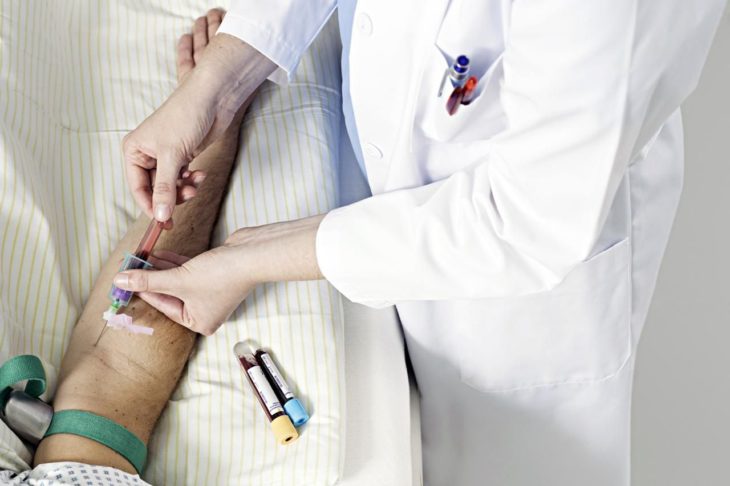The thought of getting a blood test may be enough to make the room spin in your eyes. Thinking about someone draining that precious liquid away from your body can deliver different thoughts. Also, you may not even like the sight of a long and sharp needle sticking into your skin. However, blood tests are an essential part of various operations. Specific employers may even require their future employees to undergo blood exams. If you’re about to have a blood test, here are five tips to help you reduce that fear:
Contents
1. Don’t Look at Your Arm
An easy (and relatively effortless) way of reducing the fear of a blood test is to not look at your arm. Specifically, don’t look at the arm the medical technician will pierce to draw the blood sample from. Close your eyes or look away from the sight.
Many expert medical technicians amassed knowledge and experience to give patients painless blood examinations. You might not even know that the procedure is complete. Drawing a blood sample may not take more than a few seconds.
Relax and close your eyes. You may even advise the technician to tell you when they’re about to stick the needle into your body. Otherwise, you can tell the professional not to say to you when they’re about to start the procedure.
After a few seconds, you should hear words similar to “Finished,” or “It’s over.” For more information about painless blood tests, you can check out https://healthtestingcenters.com/.

Source: Verywell Health
2. Remember to Breathe
When fear takes over the mind, you may have difficulty breathing. A common reaction of the body is to hold its breath. Your brain starts to play tricks on you by giving you various thoughts on what might happen.
Remember, don’t forget to breathe. As your fear of the upcoming blood test starts to set, your body responds by either letting you breathe shallow breaths or not breathing at all. Your system overreacts to the thought, but try your best to remember that it’s going to be okay. Again, the medical technician will only take about a few seconds to draw a sufficient amount of blood from your body.
If you can’t get a hold of your breathing, you might blackout or faint. Stop the possibility of fainting by trying to regain your composure. Concentrate on getting your standard breathing patterns back. You can even do this while the technician is about to draw blood. Close your eyes, and think of other things that may help distract you from the current situation.
3. Talk to the Medical Technician
Communicating with a medical technician is also an excellent way to lighten the mood. Tension may arise when there’s complete silence in the area. Even though you might not feel like striking a conversation at the moment, talking can help release the tension emanating in the test area.
You can talk to the technician about anything. Ask the expert how they’re doing at the moment or what they had for lunch. You might even ask how long the procedure will take. Another way of lightening the mood is to tell the technician a funny story. However, don’t make the technician laugh too hard as he or she might lose focus.

Source: BetterHelp
4. Drink Plenty of Water Before the Test
A fear of blood tests may make you think, “The faster the procedure ends, the better.” However, the minor medical operation may take longer to finish if your blood isn’t “watery” enough. Blood should have the right viscosity, so it passes through the needle and into the syringe relatively easily.
Drink plenty of water before a blood exam. Blood drawing may become painful because of dehydration. Consuming water before an exam may help improve the blood draw to hasten the procedure.
5. Bring Moral Support
Many blood testing laboratories aren’t limiting to its patients when it comes to bringing moral support during drawing operations. You can bring someone with you to help you relax. Otherwise, you can bring an object like a teddy bear or security blanket.
Don’t be shy as you’re not the only person who may have a fear of blood tests. Professional medical technicians are well aware of this reality. So, these experts won’t do anything to create new fear.

Source: Medical News Today
Know the importance of regular checkups and blood tests. These medical procedures can help determine the underlying causes of illnesses. Understand that it’s better to take the blood exam regularly. The information drawn from your blood can aid you in various ways. For instance, doctors can create diagnoses and prognoses from your blood sample. Try to relax as much as you can before the examination. Remember, it’s only going to take a few moments of your time.
